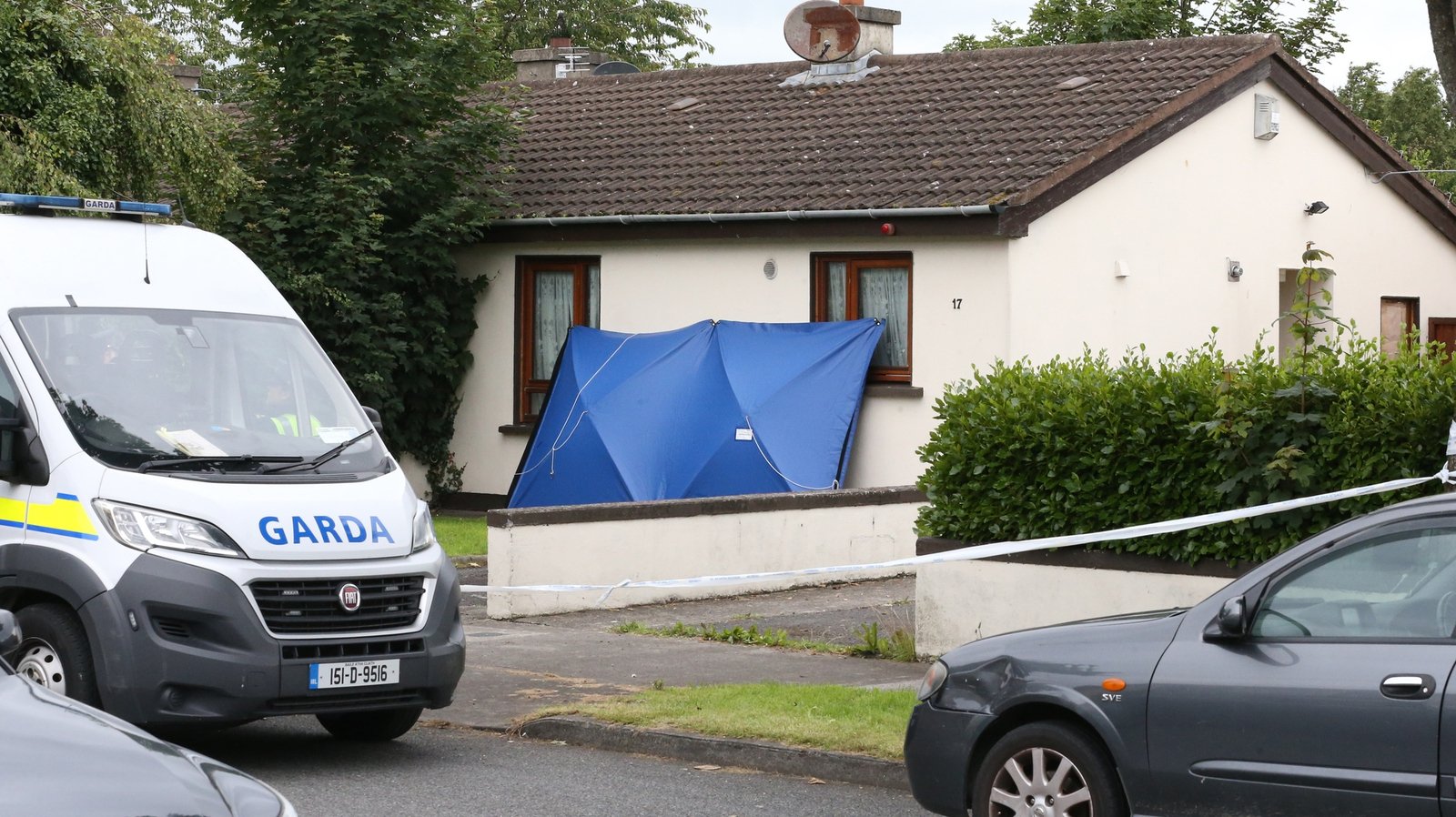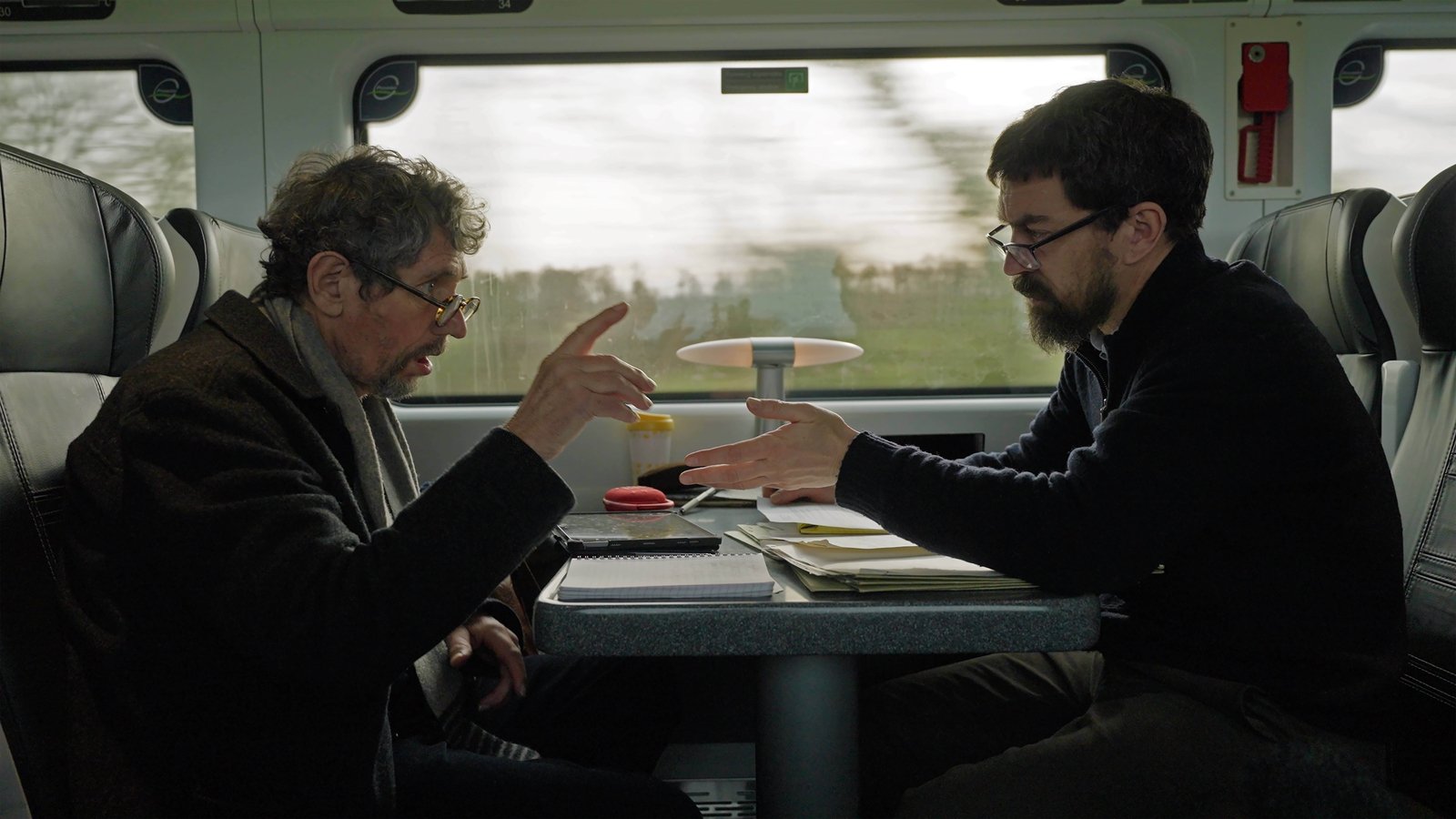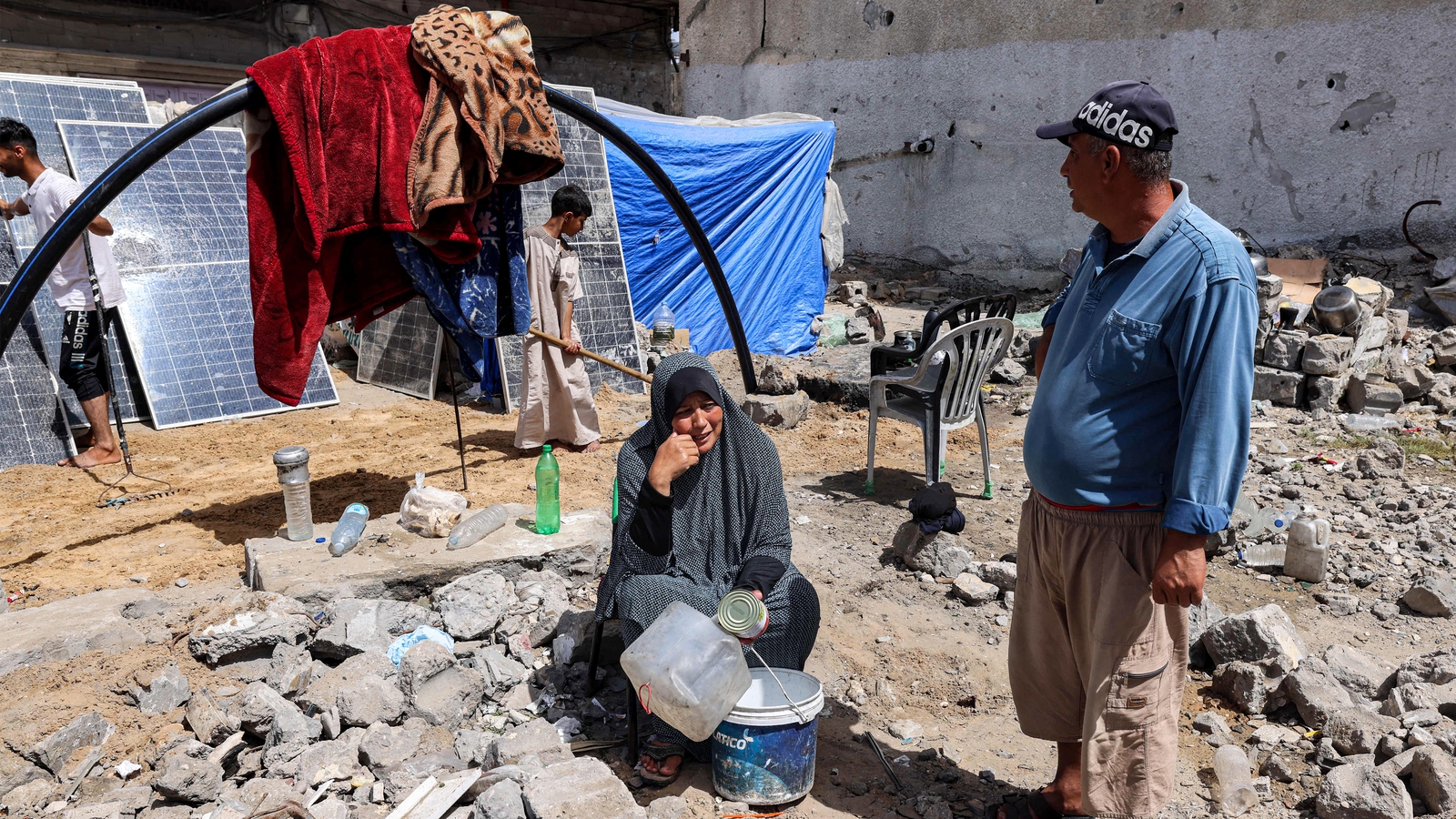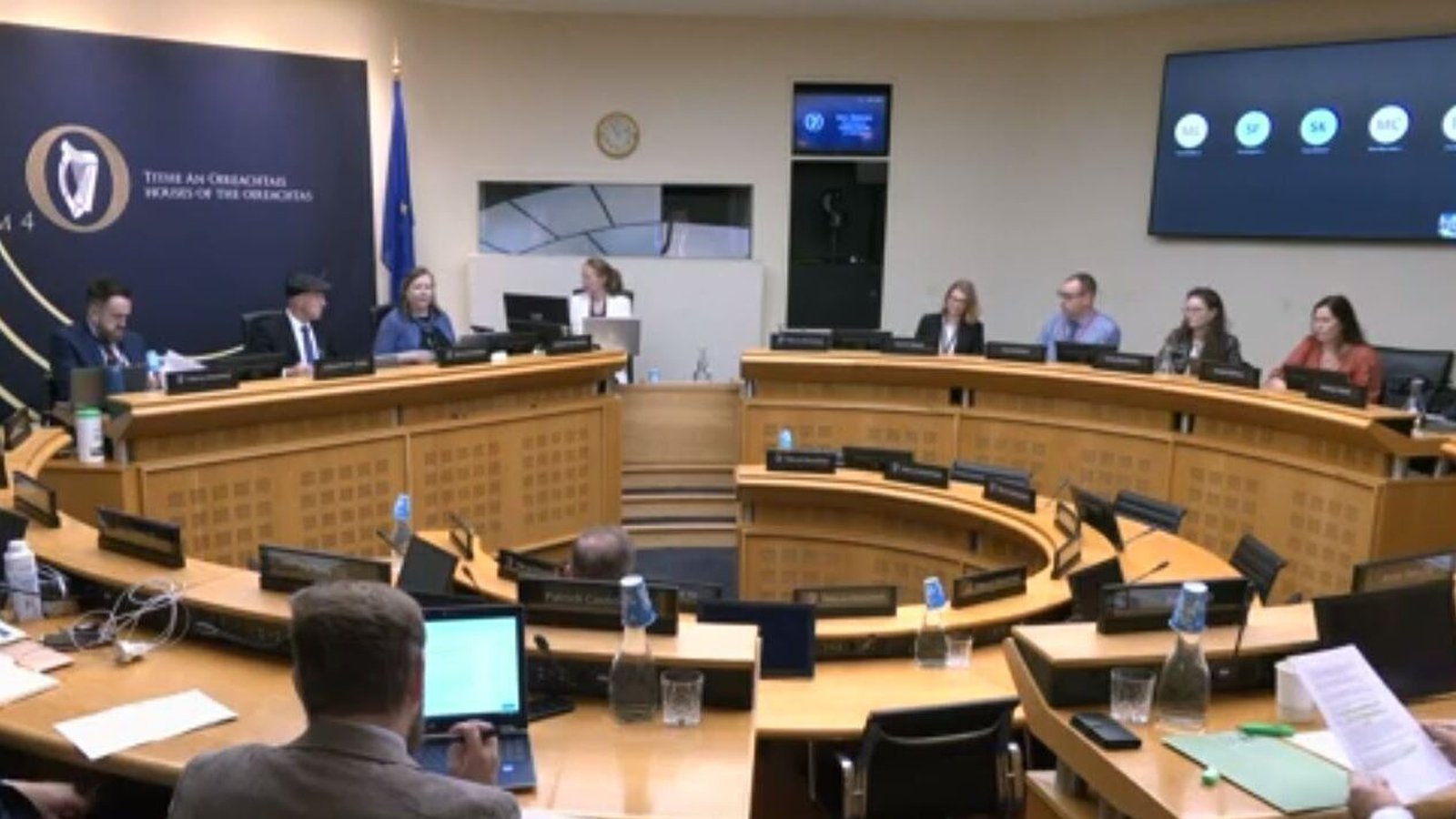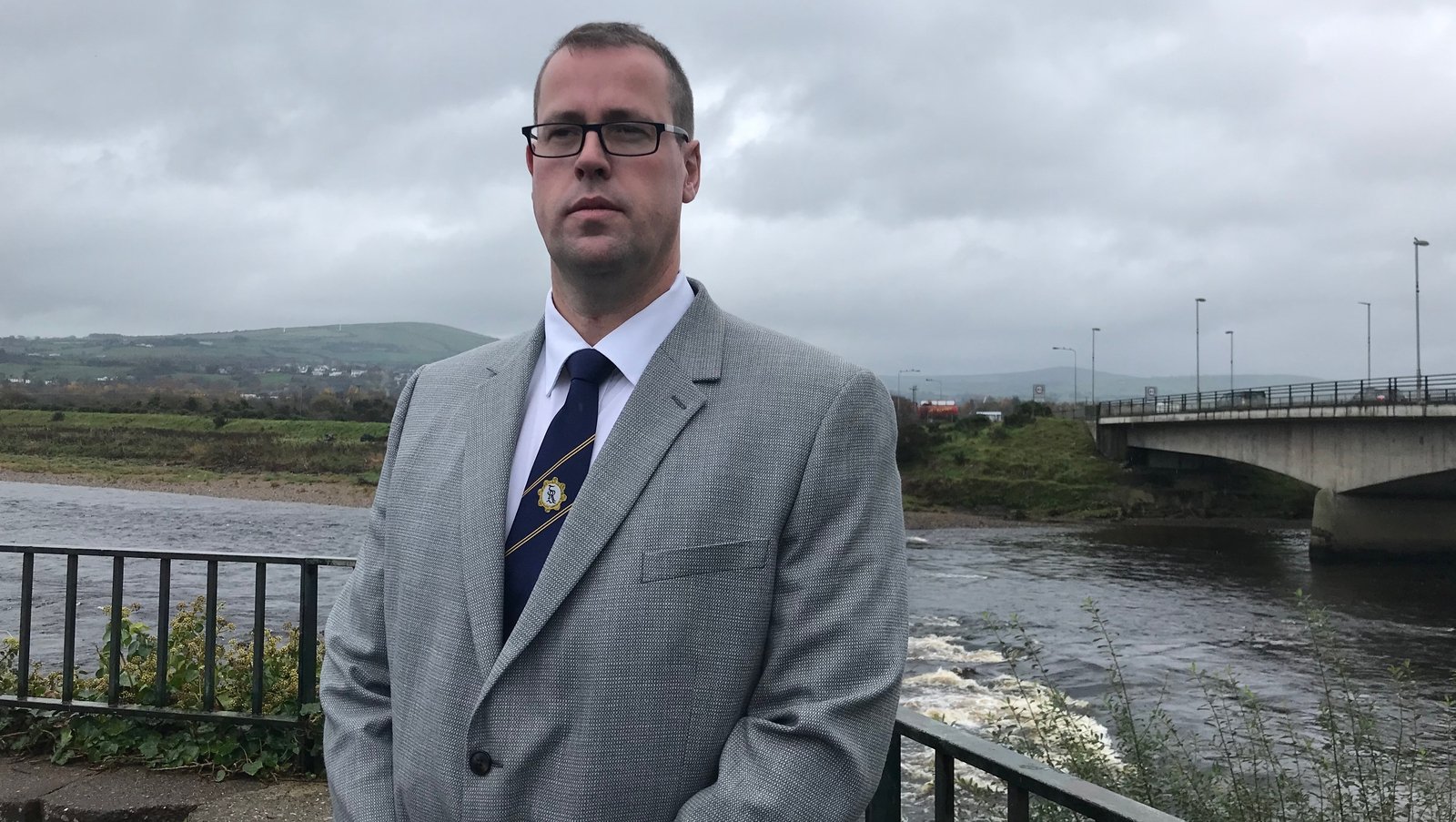Palestine recognition comes amid uncertainty over future
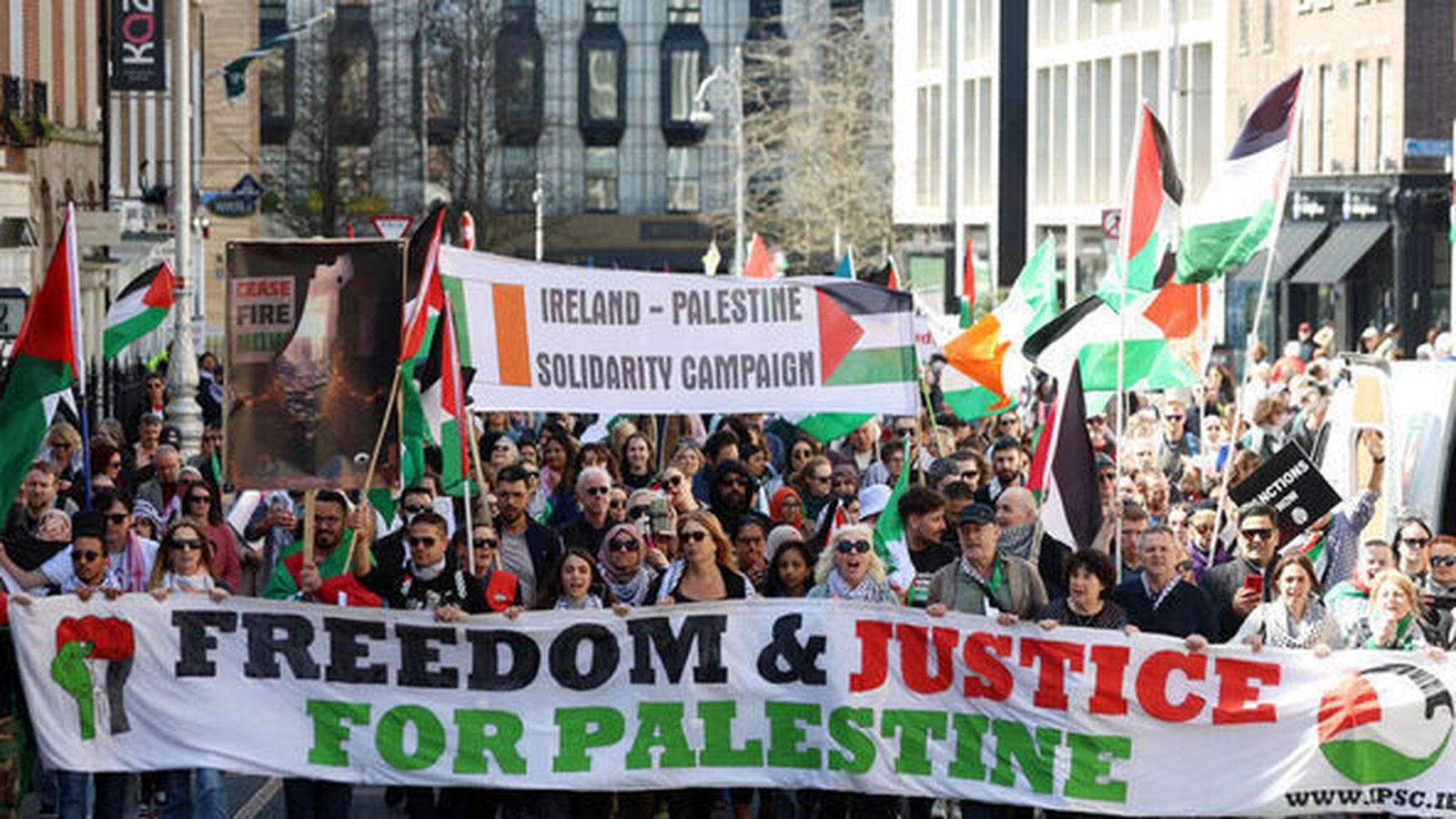
As one of the most pro-Palestine countries in the European Union, Ireland has long signalled that it would, at some point, formally recognise the State of Palestine.
The Government had made it clear that it was its intention to do so even before the latest phase of the conflict in Gaza had broken out.
In September, weeks before the 7 October Hamas attack, Tánaiste Micheál Martin met Mahmoud Abbas, the President of the Palestinian Authority, at the Muqata’a presidential compound in Ramallah.
He told him that Ireland supported formal recognition of Palestinian statehood.
That was no great surprise to anyone. After all, the programme for government included a firm commitment to recognising the State of Palestine.
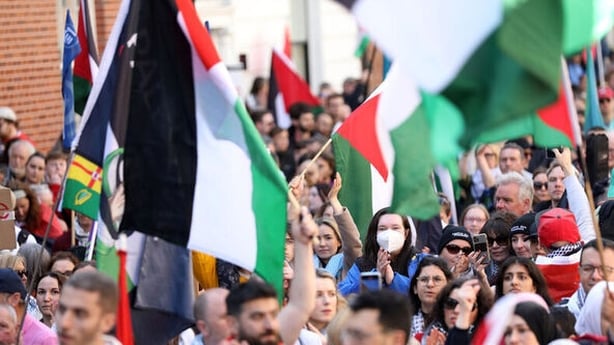
Ultimately, the Tánaiste told Mr Abbas that Ireland hoped to push for greater consensus in the EU before doing so, believing that such a move would have greater impetus if multiple EU member states moved together on the issue.
That idea has long frustrated activists, many of whom believe Ireland should have recognised Palestine years ago – with or without its EU partners.
But there was some merit to waiting. Norway, Spain and Ireland moving in lockstep on this issue has already garnered international headlines. And it’s likely that Slovenia, and potentially others, will follow suit in the coming days.
The key question is whether this will move the dial for Palestine in any practical way.
Though Bulgaria, Cyprus, the Czech Republic, Hungary, Poland and Romania also recognise Palestine, they had already done so before becoming members of the EU.
On the face of it, these moves can feel little more than symbolic, not least because the prospect of Israel agreeing to a two-state solution currently feels like a pipe dream.
When does a state become sovereign?
However, there are two primary theories of statehood – of when a fledgling state becomes an actual sovereign state.
The one that is most relevant here is the constitutive theory – which posits that a state only exists insofar as it is recognised by other states.
It was at the Congress of Vienna in the early 1800s that the basis for this theory took shape.
Some 39 states were recognised as comprising the European diplomatic system, far fewer than the number of states with rulers who actually wished to be granted sovereign status.
And so, it was established that states would not be endowed with the rights of sovereignty until they were recognised by other powers.
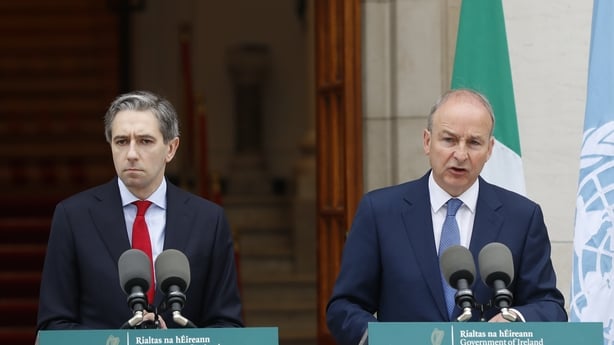
But, just as there is no specific definition of what constitutes a state in international law, there is nothing to indicate how many states are required to recognise another state to confer statehood.
At the Congress of Vienna, it mattered more than anything if the so-called “great powers” were in favour of recognising your state.
In today’s world, formal recognition at the United Nations, which is still controlled by the modern-day great powers, is probably as good as it gets.
That is why the three coalition leaders stood before UN, not EU, flags at this morning’s announcement.
Despite multiple requests for recognition at the UN, and even though an overwhelming majority of the UN’s member states formally recognise Palestine, it is not a full member of the organisation, thanks to repeated vetoes at the UN Security Council.
The US, the UK and France – three permanent members of the Security Council – have generally said that they will only recognise the state of Palestine in the context of a two-state solution.
That is still the policy of the United States.
But Emmanuel Macron indicated in February that recognising a Palestinian state was no longer a taboo for the French – suggesting that they could make such a move even if Israel continued to resist a two-state solution.
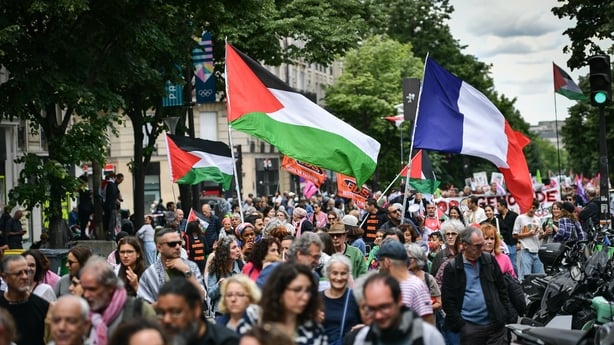
And, while British Foreign Secretary David Cameron said the UK would not recognise Palestine while Hamas remained in Gaza, he suggested it could happen before a two-state solution was reached.
The situation in the Palestinian Territories is an obvious complicating factor.
And that brings us to the second major theory of statehood – one that posits that the sovereign existence of a country does not actually depend on its recognition by other states.
Under the so-called declarative theory, a territory must have a permanent population, a defined territory, a government, and the ability to enter relations with other states.
The Montevideo Convention, named after the capital of Uruguay, where it was signed in 1933, codified this theory.
It explicitly states that “the political existence of the state is independent of recognition by the other states”.
The problem for Palestine is that, though there is broad international agreement about the country’s borders – known as the pre-1967 borders – Israel has illegally occupied and encroached upon much of its territory.
Negotiations, diplomacy, armed struggle
When Ireland, Spain and Norway formally recognise Palestine on 28 May, they will officially be recognising the Palestine Liberation Organisation (PLO), the nationalist coalition widely considered to be the representative of the Palestinian people.
Mr Abbas is chairman of both the PLO and the Palestinian Authority, which broadly controls the West Bank.
But Hamas, which is based in Gaza, does not see eye to eye with Mr Abbas, or the PLO.
Even in the West Bank, the 88-year-old Mr Abbas is seen by many as yesterday’s man – a relic who has ceded much of the territory to militant groups.
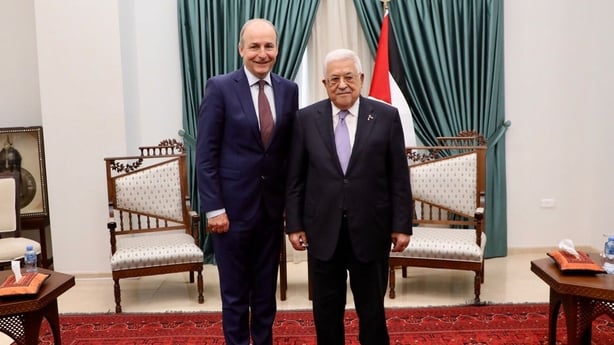
Younger Palestinians, in particular, have lost faith in his efforts to end the conflict with negotiations and diplomacy – and instead support an armed struggle.
And so, ultimately, Ireland, Spain and Norway will be recognising a thoroughly divided state – one that is occupied by Israel and subject to a bloody military campaign.
As such, the merits of this move will all hinge on the way things play out in Israel.
Predictably, its government has reacted with fury.
But, amid increasing international pressure, there have in recent weeks been calls from the more moderate members of Benjamin Netanyahu’s unity government for early elections in Israel.
More than 70% of Israelis support such a move.
It’s hard to know when the tipping point will be, but, if international pressure continues to mount, it may come soon.
And though there is no guarantee, it is clear that the US would insist that a new Israeli government resurrects negotiations for a two-state solution.

